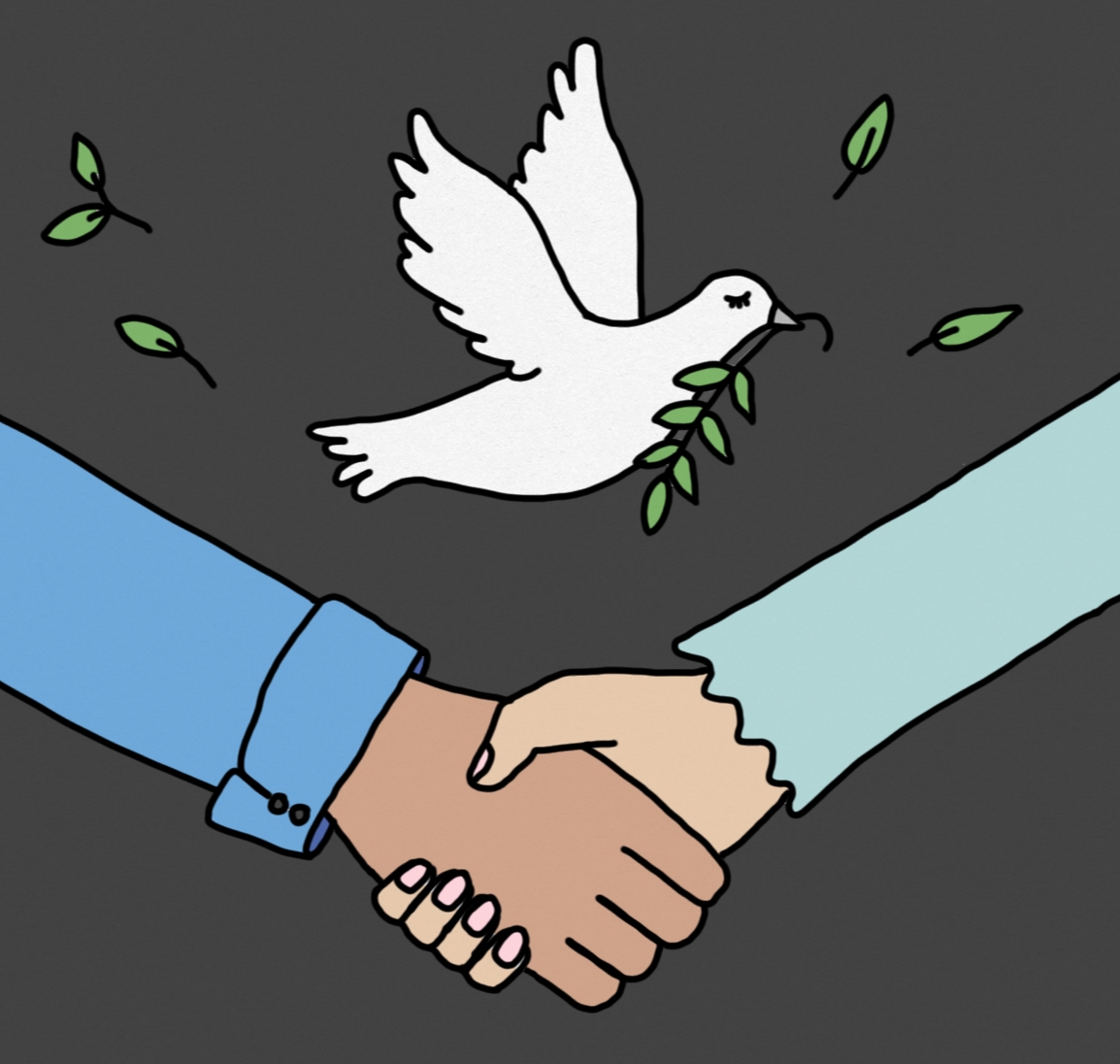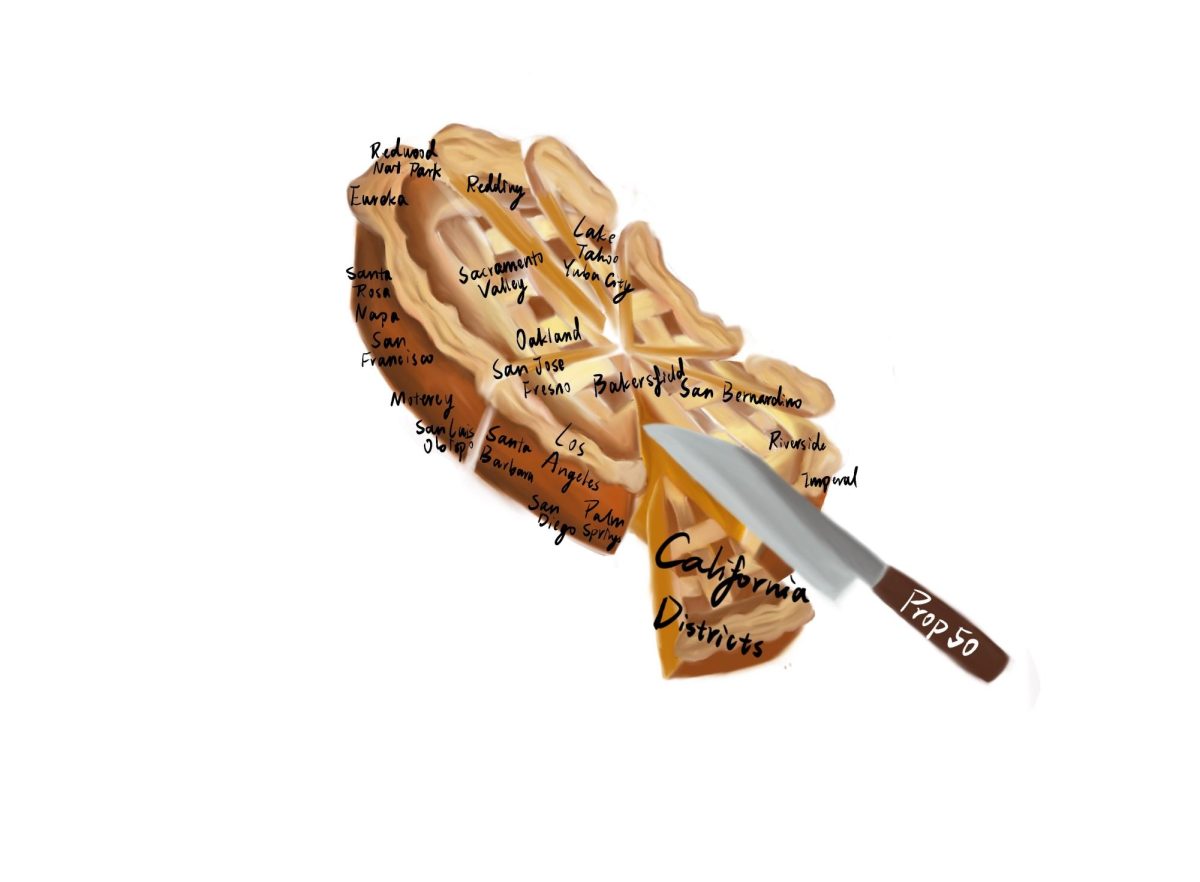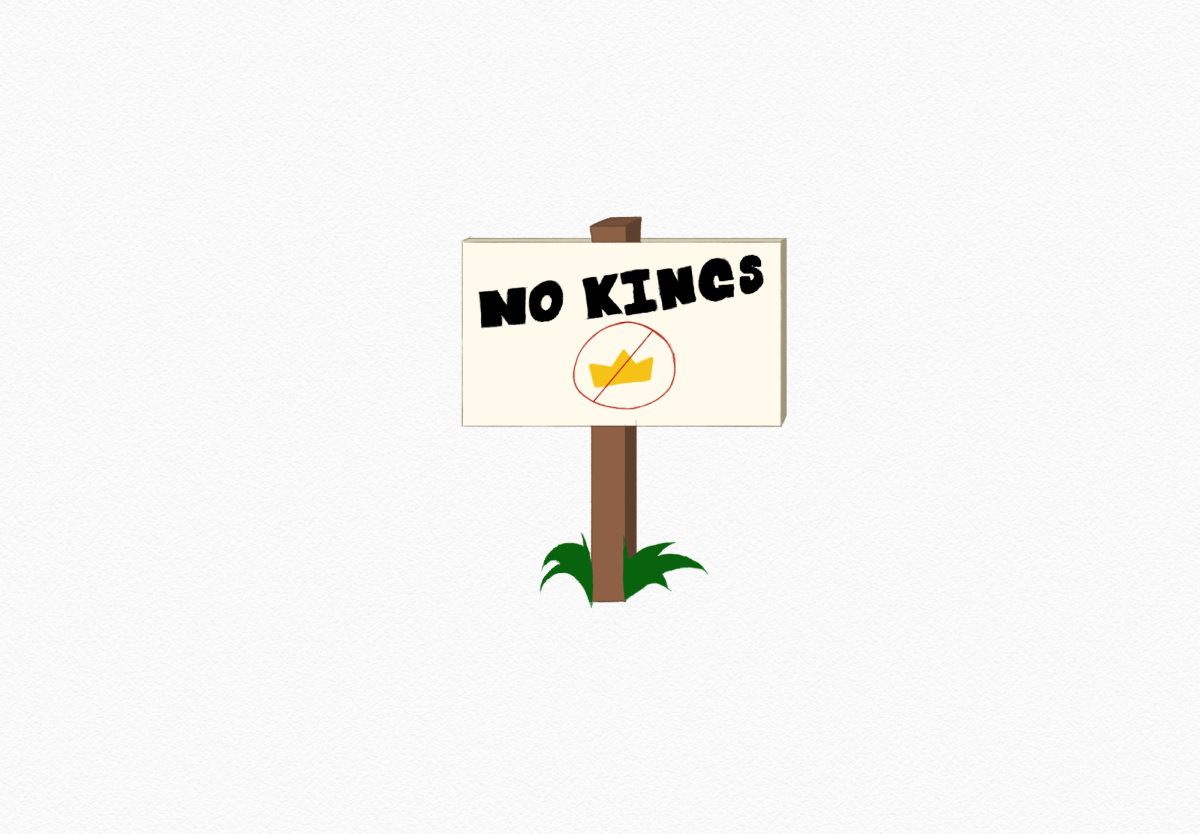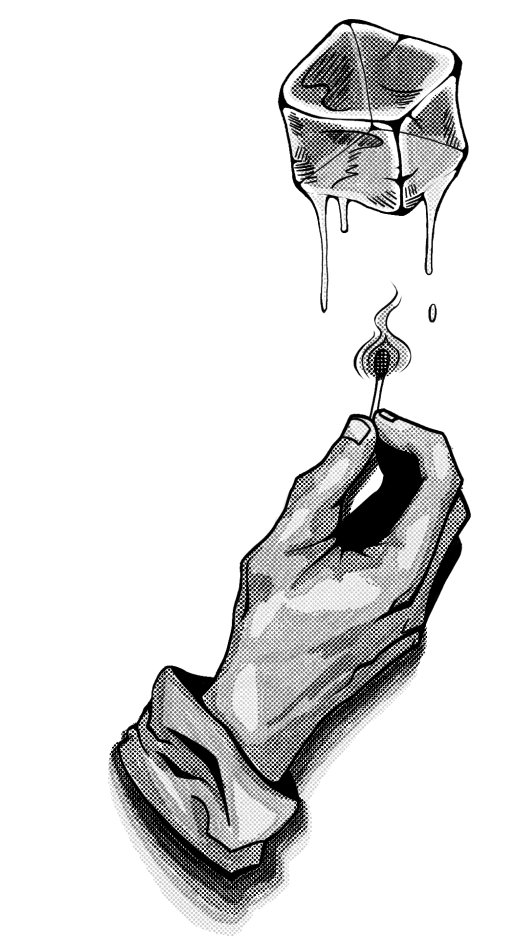Discipline in schools has traditionally been focused on punishment—detentions, suspensions, and even expulsions. Unfortunately, these punishments may not be truly effective. Because of this, many schools across the country, including CHS, are turning to restorative justice as a better way to address conflict, promote accountability, and build a stronger school community.
Restorative justice is a disciplinary approach that focuses on repairing harm, rather than punishing misbehavior. Instead of isolating students through suspensions, restorative justice brings together those affected by a conflict—students, teachers, and even parents—to discuss what happened, why it happened, and how to move forward positively.
This method shifts the focus from punishment to understanding and growth for an individual. It acknowledges that when harm occurs, the goal should be to restore relationships rather than separate students from their community.
Recently, CUSD received a $25,000 REACH (Race, Education, and Community Healing) Network Grant to fund a program at El Roble Intermediate School focused on implementing restorative justice and mentorship to provide alternatives to out-of-school suspensions for historically marginalized students. This program pushes for a shift from punitive disciplinary actions to ones that offer more support and healing. With El Roble already making change through restorative justice, CHS will soon follow in its steps by training peer mediators to support students.
A group of students from CHS, including freshman Daniella Acosta, attended a peer mediation invitational to learn more about restorative justice practices.
“Through what we learned, we are trying to enable and exercise healthier conflict resolution strategies so that expulsions, suspensions, and all around crime rates would decrease,” Acosta said. “There would be times where instead of being talked to by administration and out in a position that is stressful, kids will be given teen mental health specialists and talk to mediators.”
Instead of resulting in harsher consequences, the option of communicating about the situation would be offered first. Traditional discipline often fails to address the root causes of conflict, disproportionately affecting marginalized students. Suspensions and expulsions do little to change behavior and can even push students further into disengagement and academic failure.
CHS has an opportunity to rethink discipline in a way that promotes understanding and growth rather than exclusion. By implementing restorative justice, there will be a safer, more respectful, and more supportive learning environment for everyone.







